Volcanic Basalt: Improve Your Soil with a Natural and Sustainable Amendment
VOLCANIC BASALT 0,7-2mm : for long-term soil mineralization and greener plants
Click & Collectin-store available
Conditions générales
48h business day shipping
Find our store dedicated to professionals on ActBioSystem.com
Need more volume?
Why Choose Volcanic Basalt?
Volcanic basalt is a natural stone originating from the Earth's crust. Processed into powder, it offers an eco-friendly solution for sustainable soil mineralization and plant growth.
Can be used in AB all year round
Activates soil life
For all types of plants
Stimulates soil microbial life
By promoting the proliferation of beneficial bacteria and fungi.
Long-term nutrient supply
Like potassium, sodium, magnesium, iron and zinc.
Promotes humus production
Thanks to its chemical composition and physical properties.
Improves soil structure
Improves soil structure and porosity, promoting aeration and drainage.
Mineralize your soil and make your plants greener!
Volcanic basalt is a natural product obtained from crushed and ground volcanic rocks. It is highly appreciated in organic farming for its many benefits for soil and plants.
Firstly, volcanic basalt has a porous structure that retains water and promotes soil aeration. This helps to maintain a good water balance and promotes soil microbial life, with a proliferation of beneficial bacteria and fungi. Volcanic basalt is also rich in nutrients such as potassium, sodium, magnesium, iron and zinc. These nutrients are made available to plants and soil micro-organisms, which can promote plant growth and development, as well as humus production.
Volcanic basalt can also be used as mulch, by covering the soil with thick layers of basalt. This protects the soil surface from UV rays and bad weather, promoting the decomposition of organic matter and the production of humus.
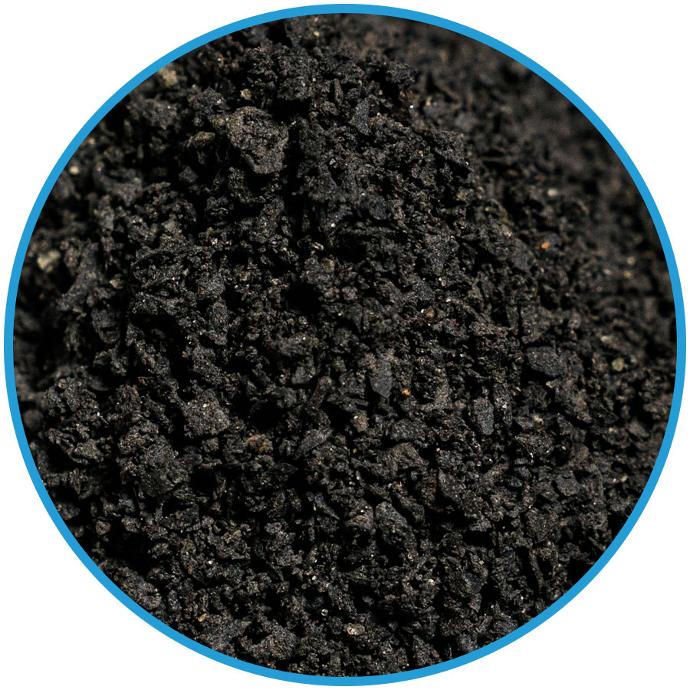
Finally, volcanic basalt is ecological and environmentally friendly, as it is produced from natural volcanic rock. It can therefore be used safely in organic gardens and vegetable patches, with no risk of contamination or pollution.
In short, volcanic basalt is a very useful product in organic farming, thanks to its ability to improve soil structure and porosity, regulate soil moisture, provide long-term nutrients and promote plant growth and development. It is ecological and environmentally friendly, and can be used in a variety of ways in organic gardens and vegetable plots.
Benefits of Volcanic Basalt
Long-term Nutrient Supply
Rich in potassium, magnesium, iron, zinc, and calcium, basalt provides lasting nourishment to your plants.Improvement of Soil Structure
This powder optimizes soil porosity and aeration, ensuring effective drainage and stimulating microbial life.Humus Production
With its chemical properties, basalt enhances the decomposition of organic matter.Versatile Use
Suitable for all types of crops: vegetable gardens, flowers, trees, shrubs, and aromatic plants.Eco-friendly and Sustainable
Produced in France, it complies with NFU 44-001 and AB CEE 2092/91 standards.
How to use volcanic basalt?
For your green plants, flowers, vegetable garden, trees and shrubs, aromatic plants, hemp crops...
Basalt is often used in organic outdoor cultivation as a soil improver. It can be used in several ways:
On the Soil Surface
Dosage: 600 g/m² (initial treatment) or 200 g/m² (annual maintenance).
Spread a thin layer and slightly incorporate it using a hoe.
Mixed with Soil
Dosage: 40 g per kg of soil.
Perfect for repotting or preparing seedlings.
As a Nutrient Solution
Dissolve the powder in warm water for nutrient-rich watering.
Basalt is recommended for use on the soil surface in dry, nutrient-poor soils. It can be used to mulch* around plants to maintain soil moisture and reduce weeds. Be careful not to use too much, as too thick a layer can prevent plants from breathing and receiving sufficient light.
*Mulch : Agricultural technique consisting of covering the soil to keep it loose and limit evaporation and erosion; mulching..
In potting
40g for 1kg soil mix
Mix 40g of basalt for every kilo of soil in a large container until homogeneous.
Utilisation :
Before repotting, place a thin layer of basalt at the bottom of the pot: deep roots will draw trace elements directly from it.
Outdoor
First treatment: 600g/m² in a single applicationMaintenance: 200g/m² in a single application every year
Utilisation :
Spread a layer of basalt over the surface of the soil, making sure it is evenly distributed. Use a hoe or pitchfork to lightly incorporate the basalt into the soil surface.
It's important to note that basalt should not be used on its own, but should be combined with other soil improvers to provide your plants with a variety of nutrients. It is also advisable to carry out a soil pH test before using basalt to ensure that the soil pH is suitable for the plants you wish to grow.
Products for use with volcanic basalt and alternatives
Azomite: A supplement to provide a wider range of nutrients.
Azomite and volcanic basalt are two soil improvers commonly used in organic farming. They each have their own benefits for plants, and can be used together to improve soil quality and promote plant growth.
Azomite is a mixture of organic and inorganic minerals that provides plants with a variety of essential nutrients. It can be used to improve soil structure, increase water retention capacity and promote root growth. It is particularly useful for nutrient-poor or acid soils.
By using azomite and volcanic basalt together, you can deliver a wide range of essential nutrients to your plants while improving soil structure and quality. This can translate into healthier growth and a more abundant harvest. As well as being good for plants, azomite and volcanic basalt are also environmentally friendly and can be used in organic farming without harming growers or consumers.
Perlite and Vermiculite: Ideal for improving water retention and soil aeration.
A mixture of perlite and vermiculite is often used as a growing medium. Perlite is an expanded volcanic rock with numerous pores that retain water and air. Vermiculite is a mineral that also has numerous pores and is capable of retaining up to 10 times its weight in water. The combination of the two creates a substrate that maintains good aeration and humidity, ideal for most plants.
By using basalt and a mixture of perlite and vermiculite together, you can deliver a wide range of essential nutrients to your plants while improving soil structure and quality.
Epsom salt: Perfect for providing magnesium and pH balance.
Epsom salt, also known as magnesium sulfate, is an important plant nutrient. It can be used to enhance plant growth and strengthen the immune system. Epsom salt is also useful for rebalancing soil pH and adding magnesium, an essential plant nutrient.
By using basalt and Epsom salt together, you can provide your plants with a wide range of essential nutrients
Vermiculite: For optimum water retention.
Vermiculite is often used with basalt in gardening to improve soil structure and increase its water-holding capacity. It can also be used to help regulate soil temperature and reduce erosion. In general, vermiculite is considered a useful soil improver for garden soils, as it can help improve plant growth by providing a favorable growing medium.
Technical information:
• NFU 44-001
• Volcanic rock (NF EN 13139 standard)
• Can be used all year round in organic farming (AB CEE 2092/91 standard).
• Granulometry: 0.1/2mm
• Paramagnetism from 2500 to 3500 micro CGS
• Origin : France
Silica (SiO²) : 40-50%
Calcium (Ca0) : 11,7%
Magnésium (Mg0) : 9%
Potassium Oxide (K2O) : 3,4%
Sodium oxide : 3,1%
Iron oxide : 10,8%
Recommendations :
Do not ingest or feed to animals. Wash hands thoroughly after use. Do not exceed prescribed doses.
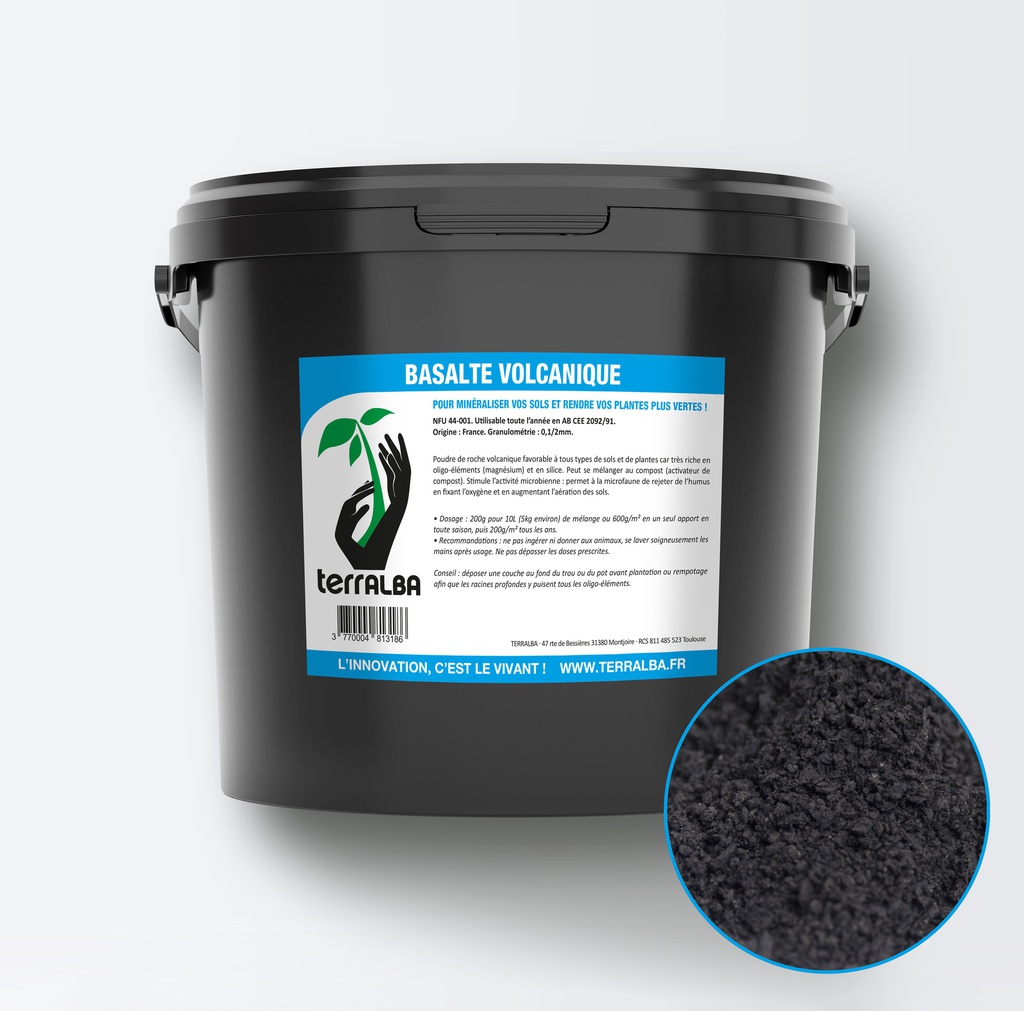
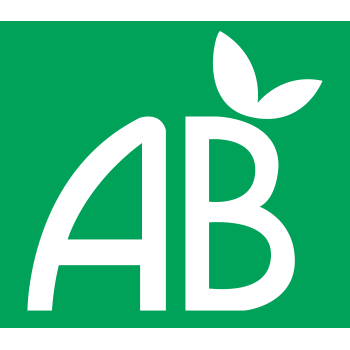


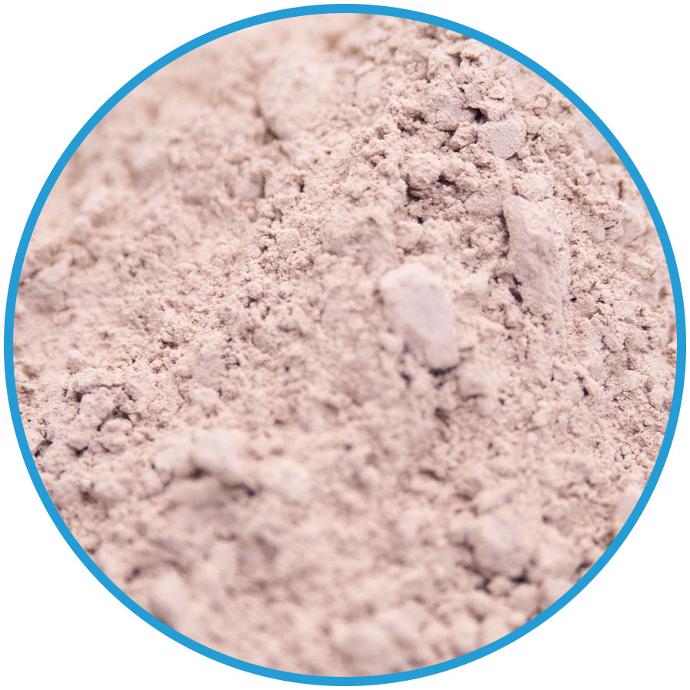
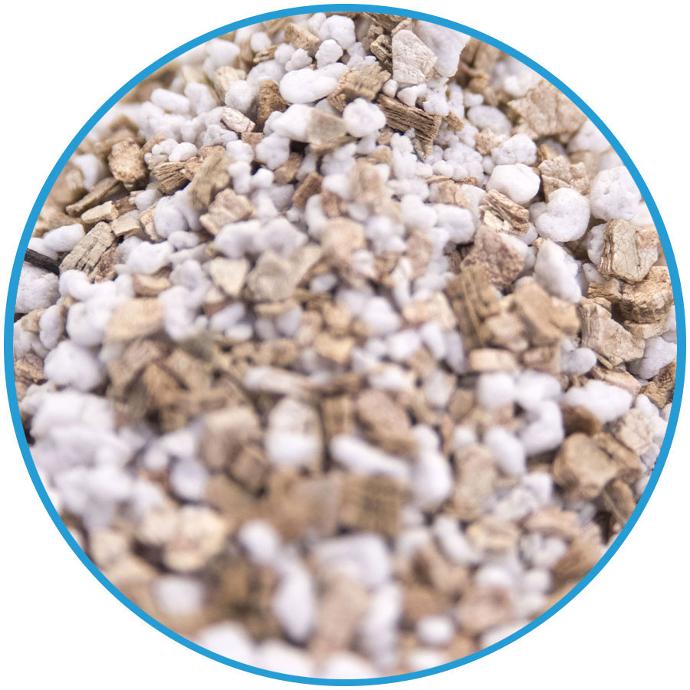
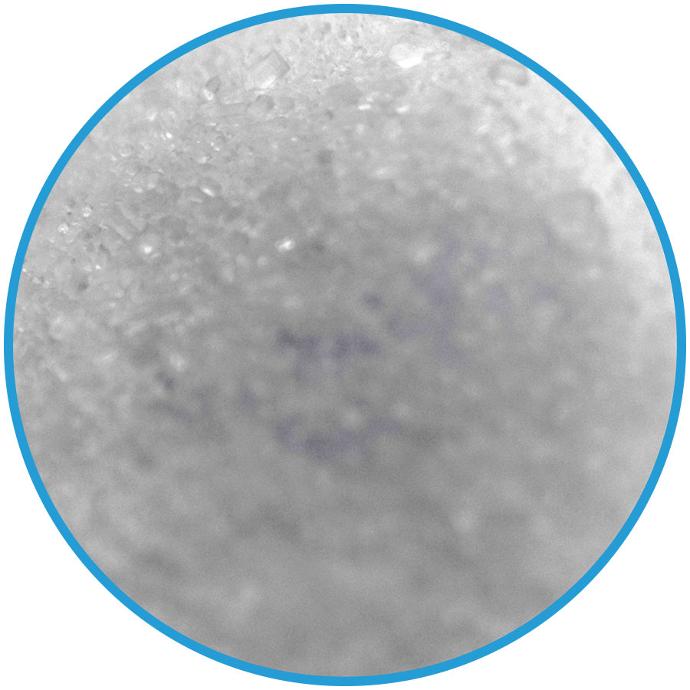
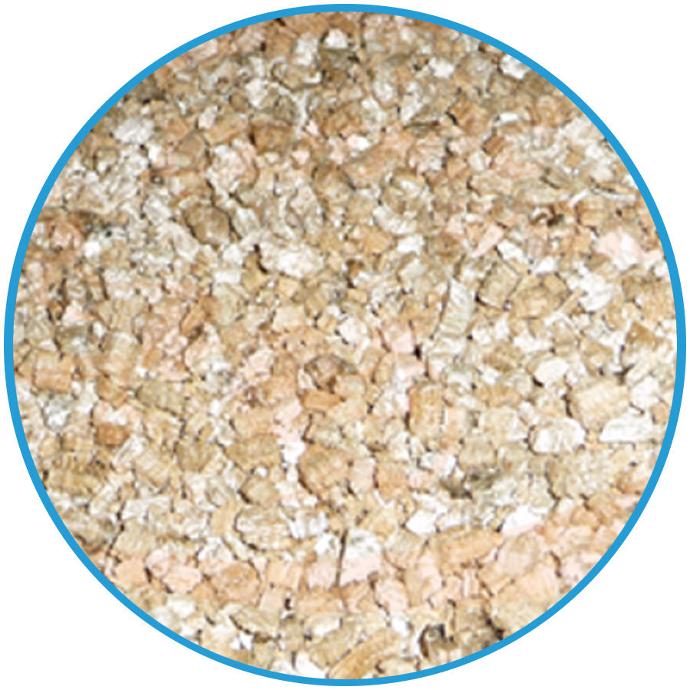
![[PV5] PERLITE & VERMICULITE 3-10mm: aeration, water retention (5L)](/web/image/product.product/71/image_128/%5BPV5%5D%20PERLITE%20%26%20VERMICULITE%203-10mm:%20aeration%2C%20water%20retention%20%285L%29?unique=23aec6c)
![[TERREAUH10] TERREAU HORTICOLE INNT / Interior (10Kg / 25L)](/web/image/product.product/4329/image_128/%5BTERREAUH10%5D%20TERREAU%20HORTICOLE%20INNT%20-%20Interior%20%2810Kg%20-%2025L%29?unique=e43e9d3)
![[LC1] VERMICOMPOST: growth, flowering, universal (1Kg)](/web/image/product.product/3/image_128/%5BLC1%5D%20VERMICOMPOST:%20growth%2C%20flowering%2C%20universal%20%281Kg%29?unique=340ec73)
![[VERM5] VERMICULITE pure 4-11mm: neutral substrate, germination, growth, minerals, aeration (5L)](/web/image/product.product/75/image_128/%5BVERM5%5D%20VERMICULITE%20pure%204-11mm:%20neutral%20substrate%2C%20germination%2C%20growth%2C%20minerals%2C%20aeration%20%285L%29?unique=c96ede3)